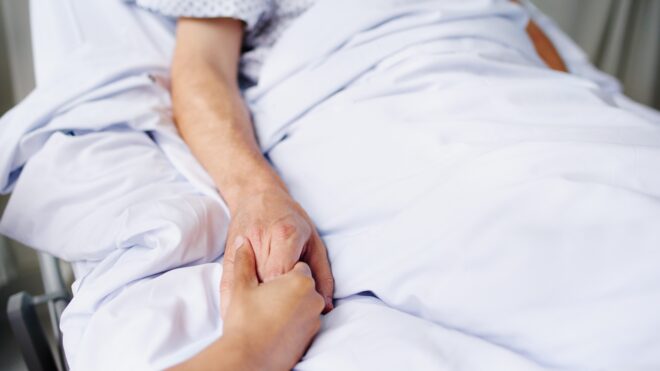Sleeping is one of those things you can never get enough of. I know that hitting the hay is one of the things I look forward to most all day.
With that said, there is more than one type of sleep — and not all are created equal.
In fact, they are more commonly referred to as stages of sleep. According to Mayo Clinic, there are two main stages of sleep.
The first is called non-rapid eye movement, or NREM. This is the early stage of sleep, when your brain activity slows.
After a few hours, your body enters REM, also known as rapid eye movement. This is the stage where something like sleep-talking would occur.
These phases have other subcategories within them that we cycle through on a good night's sleep, one of which is deep sleep, or dream sleep.
Deep sleep is a key ingredient to feeling well-rested, but there's a good chance many of us aren't actually getting those deep sleep cycles we need.
Scroll through to learn the symptoms that might indicate you aren't getting a good night's sleep.
Thumbnail Photo: Wikimedia Commons / Wikimedia Commons
What Is Deep Sleep?
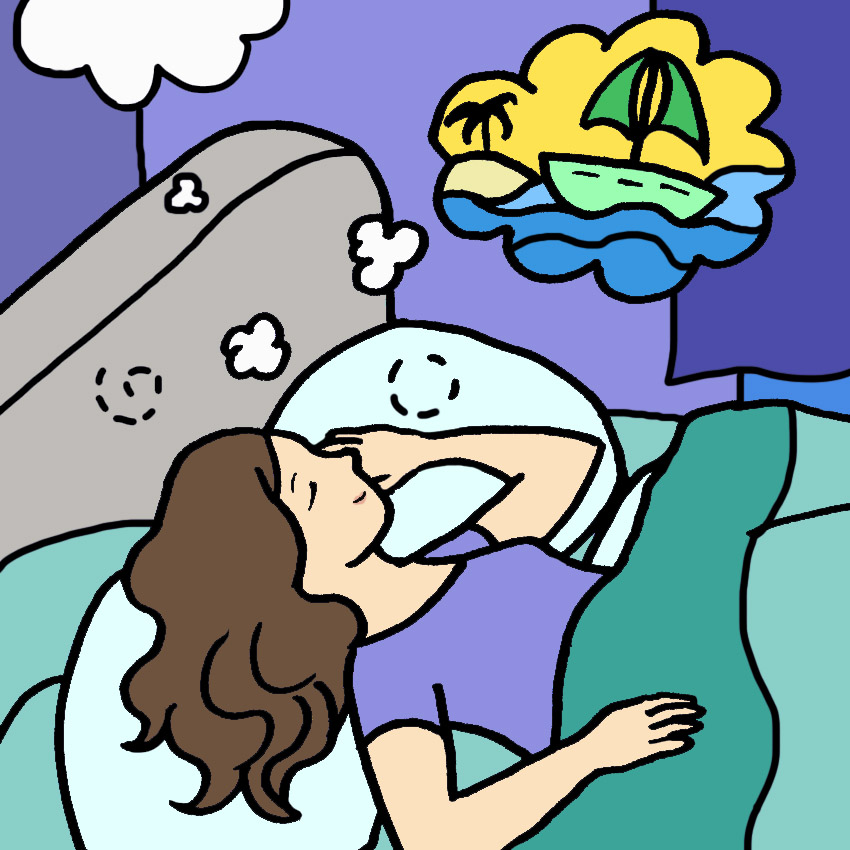
According to Psychology Today, deep sleep is also known as delta sleep — for the fact that it is slow brain wave sleep.
This stage was formerly called stage 3 and 4, but they were combined by most of the medical community when the benefits of each could barely be differentiated.
Deep sleep is when your most thoughtful dreams will occur. It is important for many psychological processes, including clearing your brain of the day's stressful experiences.
This is the stage where your body is most restful, and is an essential part of a "good night's sleep." Without deep sleep, you may experience any of the following symptoms:
Sleep Symptom #1. You Can't Fight Morning Grogginess
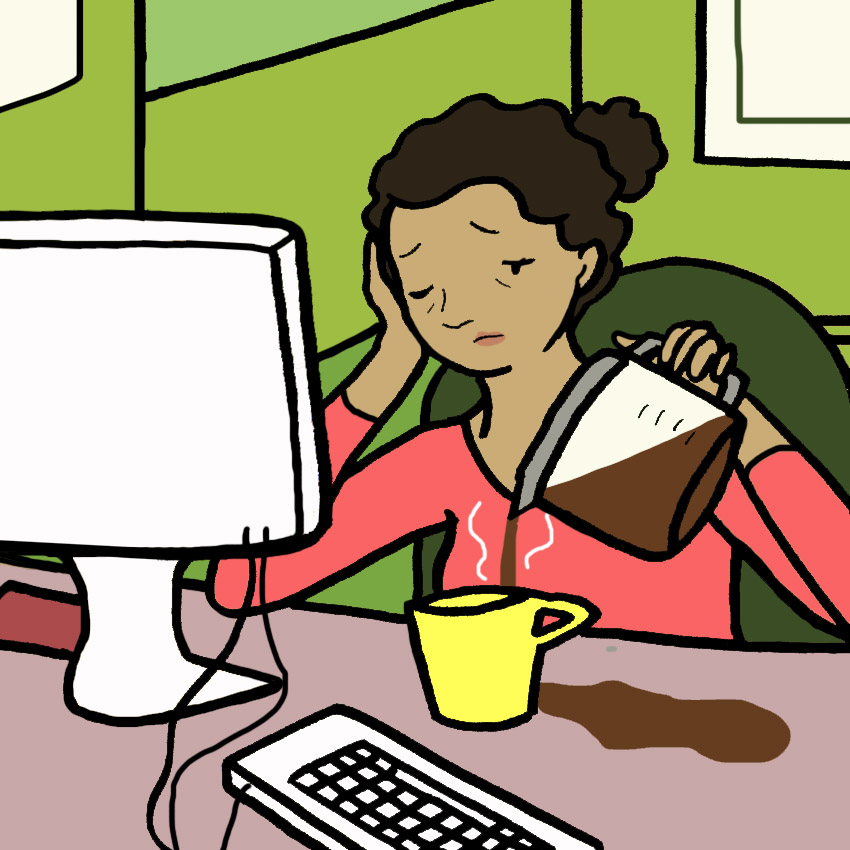
This may go without saying, but you have probably noticed that waking up some mornings is harder than others.
The inability to wake up properly is a sure sign of inadequate sleep, but we usually associate it with sleepless nights or interrupted sleep.
If you wake up after a full night's rest and still feel exhausted, lack of deep sleep could be to blame.
Sleep Symptom #2. You Need An Afternoon Nap
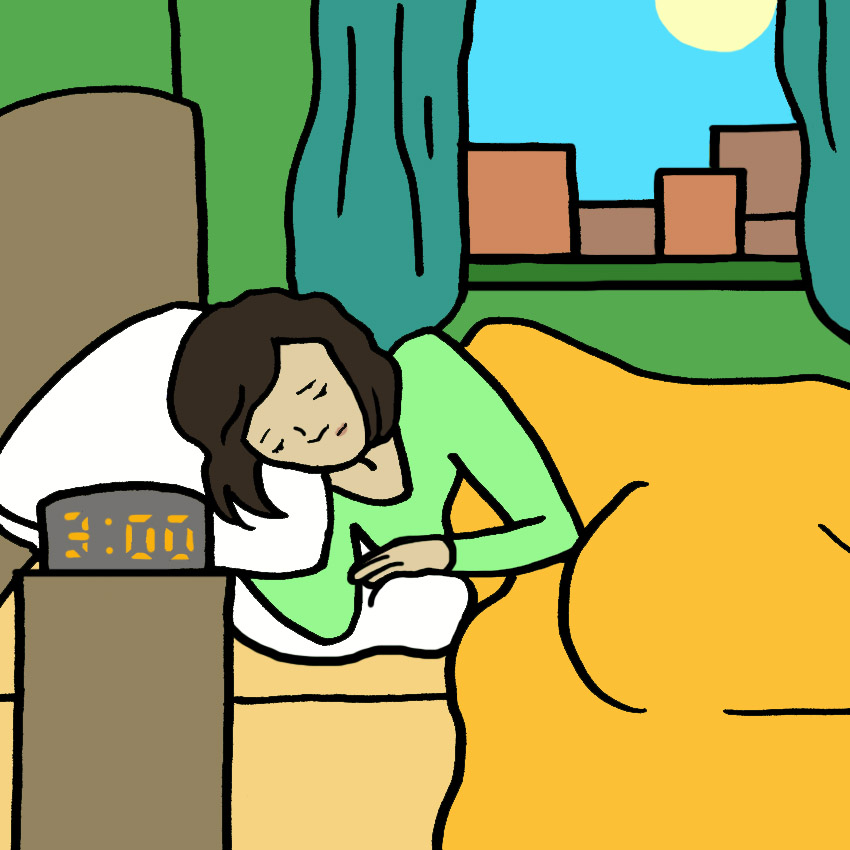
Not being able to make it through the day is another fairly obvious sign that you're not getting enough deep sleep.
Napping on occasion isn't a bad habit, but napping because you aren't sleeping at night can throw you off even more.
Reaching a deep sleep stage in the afternoon or early evening will impact your ability to fall asleep that night, causing the vicious cycle to continue according to Psychology Today.
Sleep Symptom #3. Your Tummy Is Rumbling
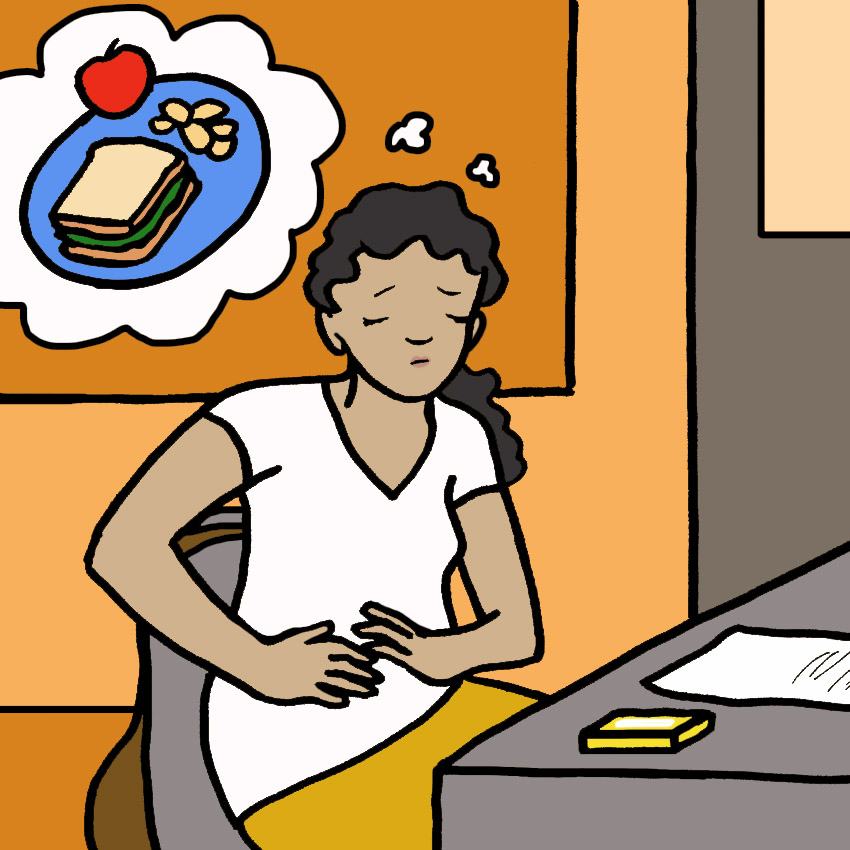
A study by CNN reported that people who got more rest reported being less hungry and consuming less calories the next day.
For instance, people who slept for four hours ate more than the people who slept for the recommended eight. In fact, this affected women worse than it did men.
So, if you're fighting constant sugar cravings, your body might actually be telling you that an early night is in order.
Sleep Symptom #4. You're Forgetful
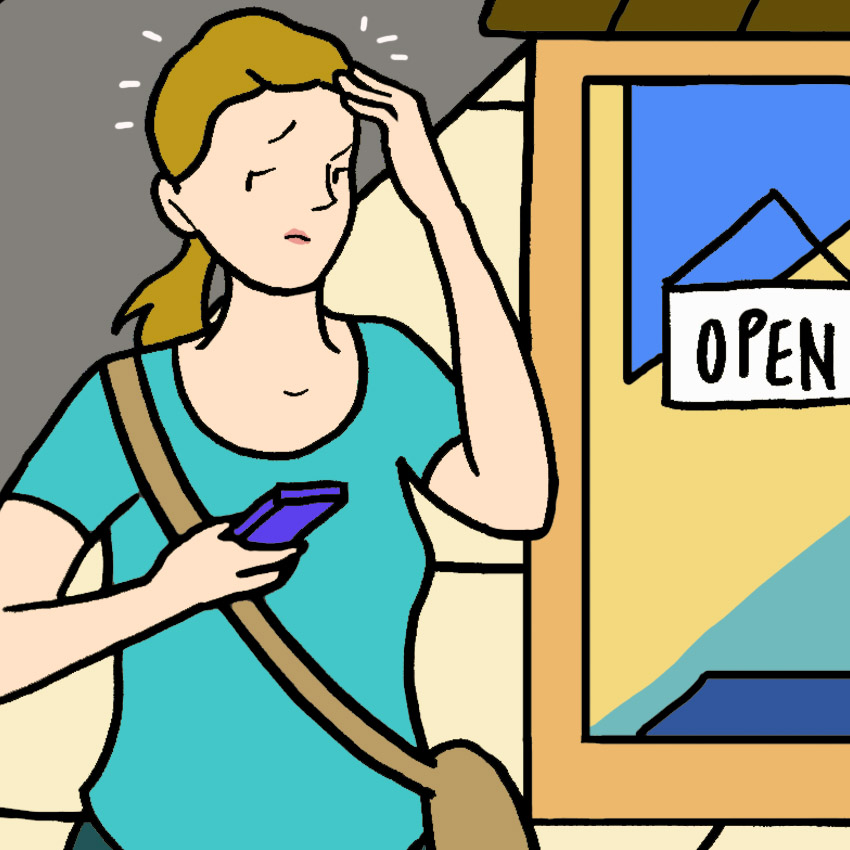
Not being alert and sharp is another side effect of being under-rested from not getting enough deep sleep.
For instance, if you had to read any sentences in this article more than once, you might not be getting enough deep sleep!
But in all seriousness, feeling flaky and scattered can make you anxious, which just makes you more exhausted.
Catching up on your sleep debt might help.
Sleep Symptom #5. You're Short With Everyone
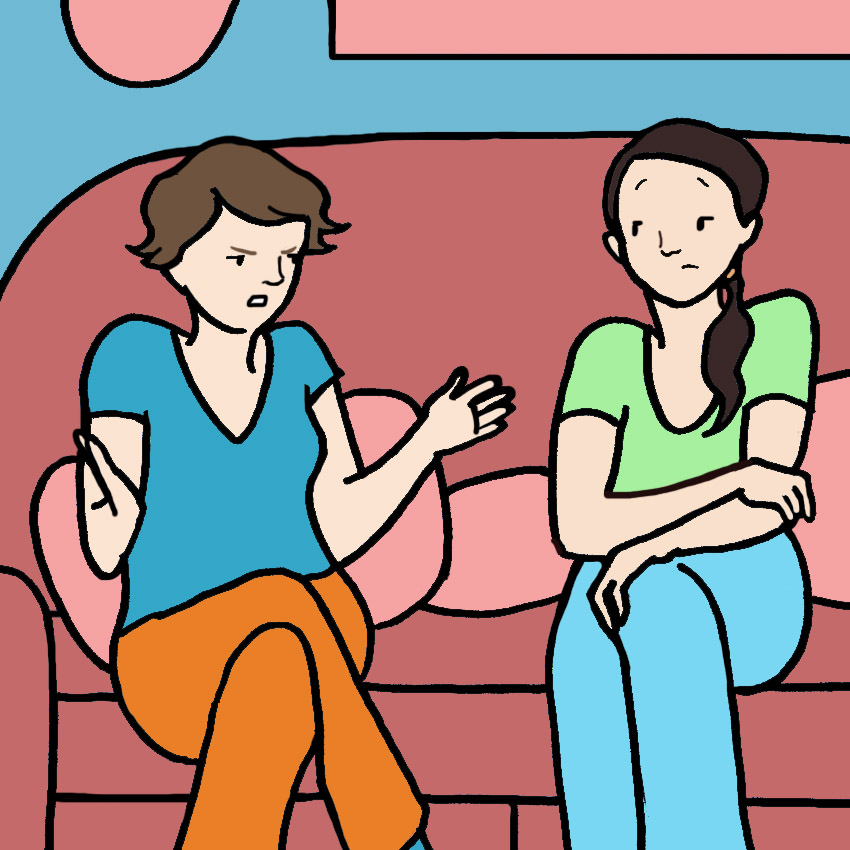
Being moody or losing your temper more easily than normal is another thing that might happen if you don't get enough deep sleep.
Many of us can attest to being cranky and perhaps overreacting to minor issues when we're tired.
Deep sleep is the type of sleep that is emotionally restorative, and not getting enough can make us act unlike ourselves.
Sleep Symptom #6. You're Packing On Pounds
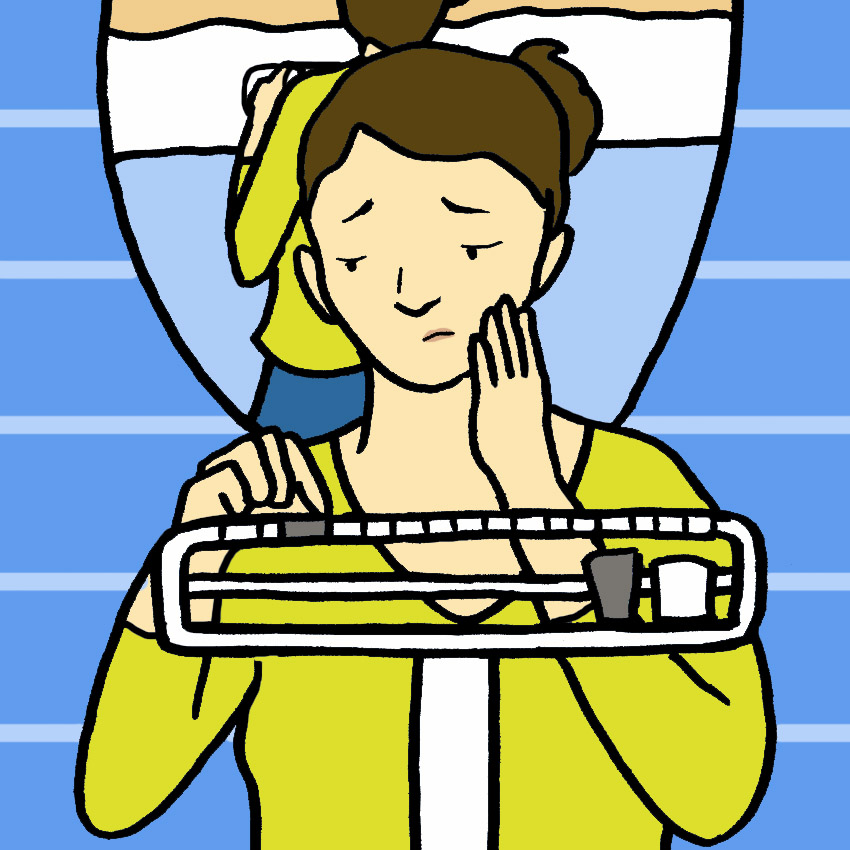
Again, a lack of sleep is connected to an increased appetite. As most of us know, an increase in appetite leads to an increase in weight.
Not only does not getting enough sleep make you more hungry, it also influences your food choices negatively.
The aforementioned study found that less sleep was related to higher fat and sugar consumption, perhaps to compensate for a lack of energy.
The stress hormone cortisol, which spikes when you don't get enough sleep, has also been linked to weight gain, according to Harvard Medical School.
Sleep Symptom #7. Your Sex Drive Is Suffering
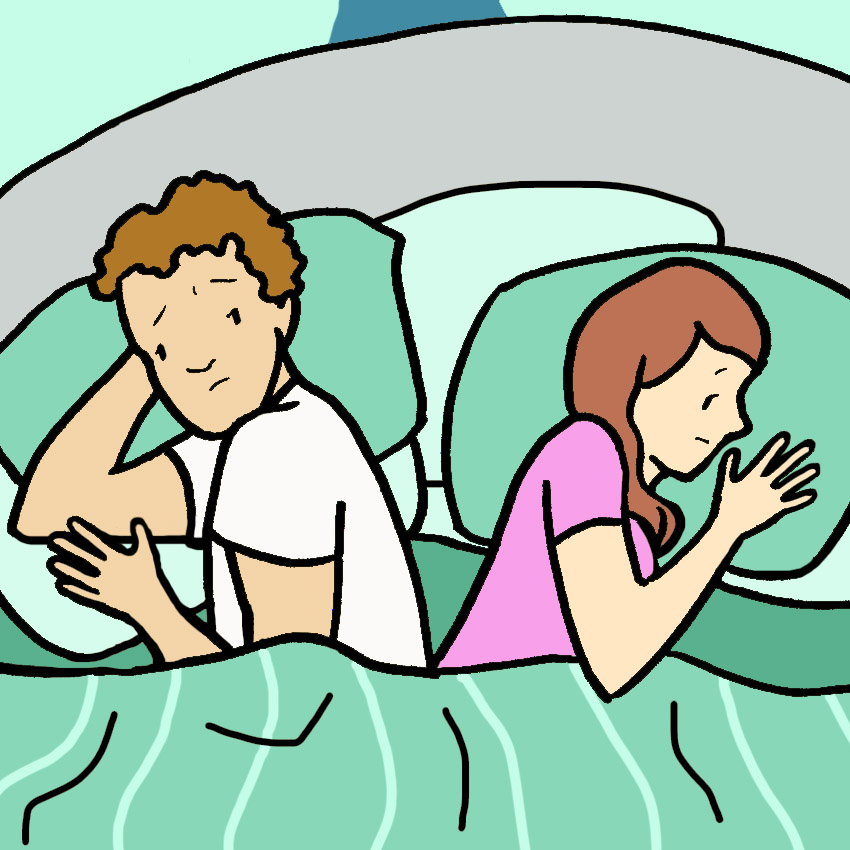
According to Valley Sleep Center, a decreased libido is a side effect of sleep deprivation.
It's natural: You feel fatigued, so you can't quite summon up the energy for hanky-panky.
So, if you're not feeling as romantic as usual, it could be that you need to do a little more sleeping to get back to normal.
What To Do?
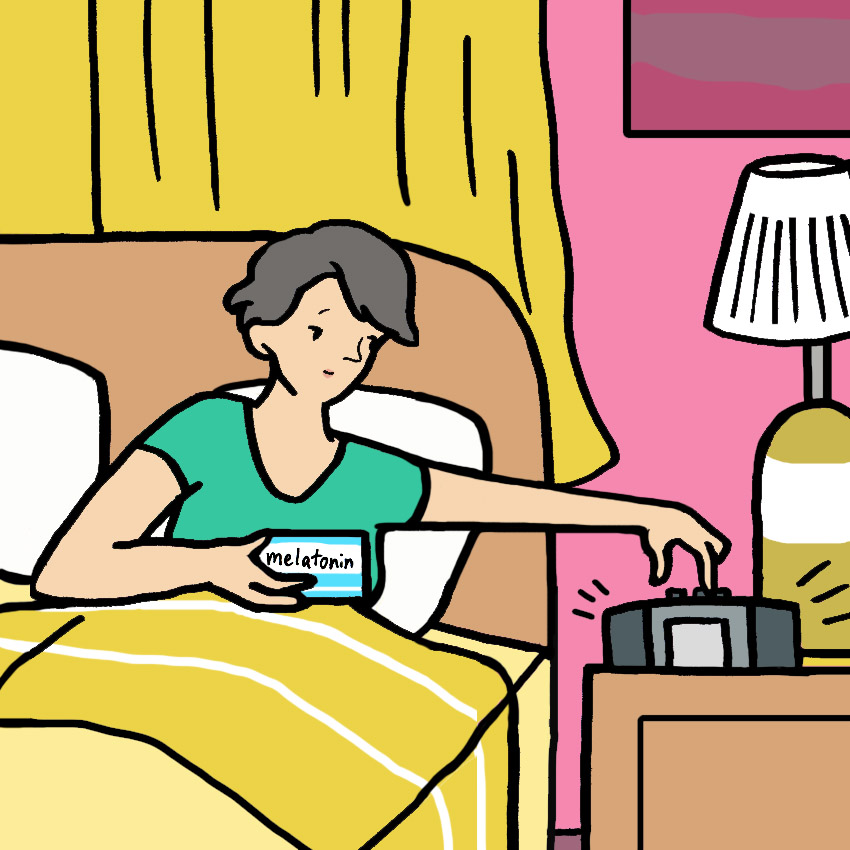
There are plenty of ways you can get your sleeping schedule back on track and start getting enough deep sleep.
Try to get the CDC recommended 7 to 8 hours of sleep for adults, and see a doctor if your symptoms persist.
You should also try to eliminate anything that might be subtly disrupting your sleep, like a ticking clock or a street light that shines in.
The sleep aid melatonin might also help; unlike sleeping pills, this is a chemical your body naturally produces, and a supplement can encourage you to fall back into a healthier rhythm with better deep sleep cycles.
Be sure to SHARE these tips with your friends on Facebook, and help everyone wake up rested and having gotten enough deep sleep!


